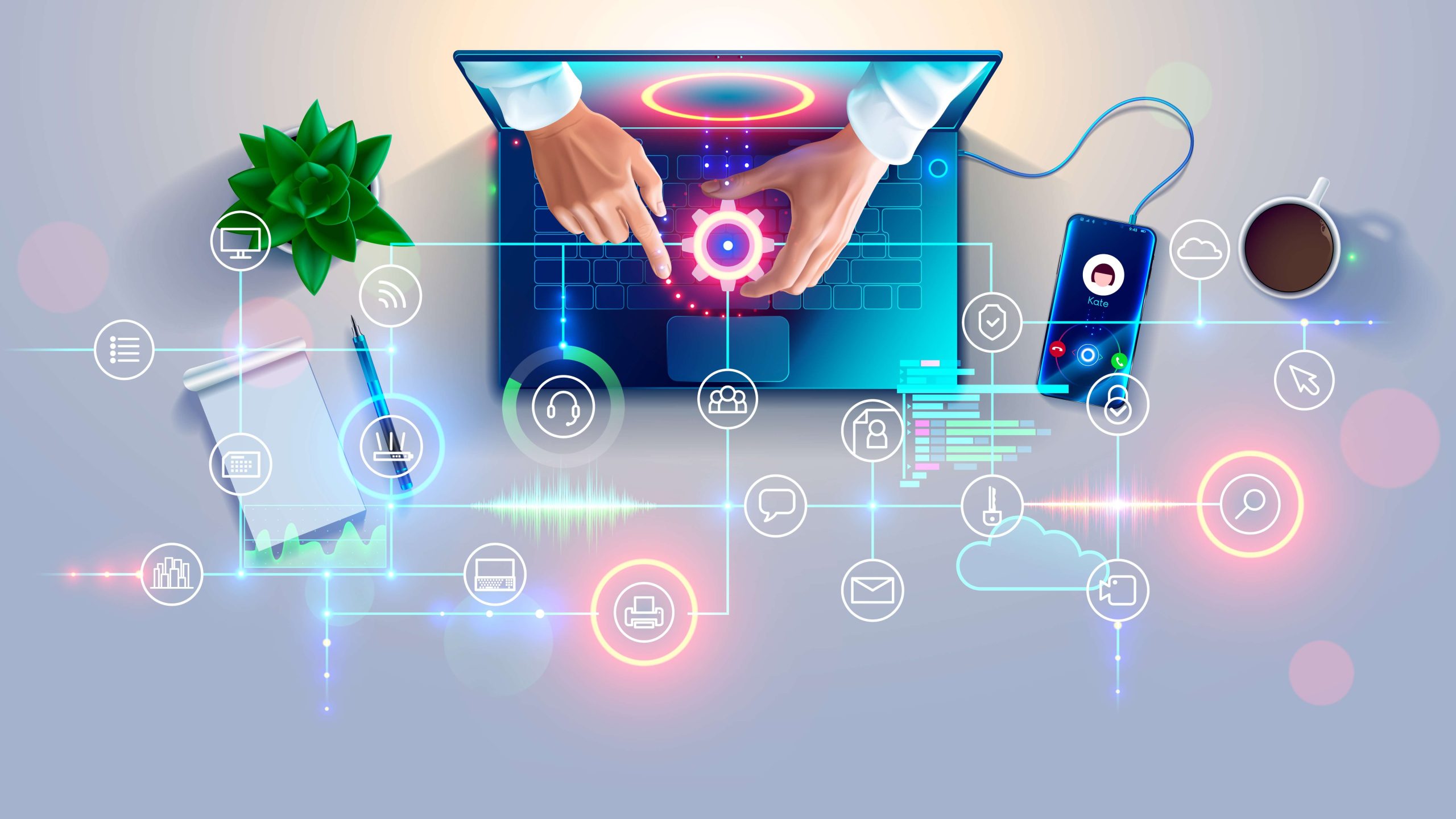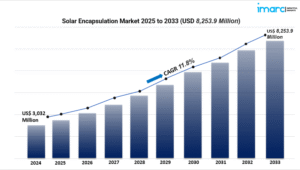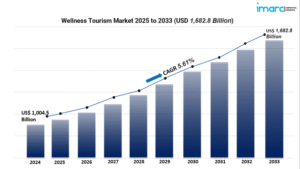
Image Source: Renaissance Computer Services Watford
The hospitality industry has always been at the forefront of customer service, constantly adapting to meet evolving consumer demands. With technology advancing rapidly, hospitality businesses have the opportunity to transform operations, enhance guest experiences, and streamline management processes. From smart hotel rooms to digital check-ins and AI-driven recommendations, the integration of innovative technology solutions can revolutionise your business. In this blog, we’ll explore how embracing these technologies can improve your efficiency, customer satisfaction, and bottom line.
Why Hospitality Businesses Need Technology Solutions
Technology has become a critical part of nearly every industry, and hospitality is no exception. In a competitive market, the businesses that stay ahead of the curve are the ones that understand the power of tech to improve both customer experiences and operational efficiency.
Here are a few reasons why hospitality businesses should invest in tech solutions:
- Enhanced Guest Experience: Technology allows you to offer personalised services that make guests feel more welcome and valued. From smart thermostats to voice-controlled room systems, tech upgrades can significantly enhance comfort.
- Improved Efficiency: Automated systems reduce the workload on staff and streamline operations, leading to better productivity and fewer errors. For example, automated booking systems can handle reservations, cancellations, and room allocations without manual intervention.
- Cost Savings: By implementing more efficient systems, businesses can reduce operational costs such as energy consumption, staffing requirements, and manual processes.
- Data Insights: Technology offers real-time data that can be used to analyse customer behaviour, optimise pricing, and tailor marketing strategies.
To stay competitive in an ever-changing market, businesses must leverage technology to improve their operations and offer exceptional guest experiences.

Key Technologies Revolutionising Hospitality
1. Cloud-Based Property Management Systems (PMS)
Property Management Systems (PMS) are essential for running the day-to-day operations of a hotel or hospitality business. Modern cloud-based PMS solutions provide better flexibility, scalability, and functionality than traditional on-site systems.
Benefits of Cloud-Based PMS:
- Remote Access: Cloud-based systems allow staff to access real-time data from anywhere, which is especially useful for managers who need to monitor multiple properties.
- Automatic Updates: Software updates are automatically implemented, ensuring the business is always using the latest features and security patches.
- Cost Efficiency: Cloud systems reduce the need for expensive on-site hardware and IT infrastructure.
For small and mid-sized hospitality businesses, IT support in Buckinghamshire can help implement and optimise cloud-based PMS systems, ensuring smooth operations and greater efficiency.
2. Smart Technology Integration
One of the most significant trends in hospitality is the integration of smart technology in guest rooms and public areas. By offering smart services, such as voice-controlled systems, smart thermostats, and automated lighting, businesses can enhance the guest experience and improve energy efficiency.
Smart Hotel Room Features:
- Voice Assistants: Devices like Alexa or Google Home allow guests to control lighting, temperature, and entertainment options through simple voice commands.
- In-Room Tablets: Guests can use tablets to request room service, book spa appointments, and make other service requests, streamlining communication with hotel staff.
- Energy Management: Smart thermostats adjust the room temperature based on guest preferences, ensuring comfort while saving on energy costs.
These innovations not only provide a unique experience for guests but also optimise hotel operations by reducing energy waste and improving service delivery.
3. Mobile Check-In and Contactless Solutions
The shift towards contactless experiences has accelerated, especially after the COVID-19 pandemic. Many hospitality businesses now offer mobile check-ins, digital key cards, and mobile concierge services to improve guest convenience and safety.
Benefits of Mobile Check-In:
- Convenience for Guests: Guests can check in and out via their mobile phones, reducing wait times and minimising physical contact.
- Enhanced Security: Digital key cards or mobile keys provide added security for guests, eliminating the need for physical room keys that can be easily lost or stolen.
- Operational Efficiency: By automating check-in processes, businesses can reduce the workload of front-desk staff and improve efficiency.
In addition to improving the guest experience, mobile check-in solutions offer operational benefits such as faster room turnover and reduced staffing costs.
4. AI-Powered Guest Services
Artificial Intelligence (AI) is revolutionising customer service in the hospitality industry. AI-powered chatbots and virtual assistants can handle guest queries, process requests, and offer personalised recommendations, reducing the need for human intervention.
AI Applications in Hospitality:
- Chatbots for Customer Service: AI-powered chatbots can answer common guest questions, provide information about amenities, and assist with bookings, all in real-time.
- Personalised Recommendations: AI can analyse guest preferences and behaviours to recommend tailored services, such as restaurants, activities, or room upgrades.
- Predictive Maintenance: AI can be used to predict when equipment or facilities need maintenance, reducing downtime and improving the overall guest experience.
Integrating AI into hospitality services allows businesses to offer a more personalised and responsive experience, all while reducing the need for excessive human labour.
5. Data Analytics for Personalisation
Data analytics tools allow businesses to collect and analyse customer data, which can be used to enhance the guest experience. By tracking guest preferences and behaviours, businesses can tailor their services to meet the specific needs of their clientele.
How Data Analytics Improves Personalisation:
- Tailored Offers: Analyse customer preferences to create personalised offers, such as discounts on services or room upgrades.
- Optimising Pricing: Use data analytics to implement dynamic pricing models based on demand, competitor rates, and seasonality.
- Customer Retention: By understanding customer preferences and providing personalised experiences, businesses can increase customer loyalty and repeat bookings.
Utilising data analytics enables businesses to create a more tailored experience for each guest, improving satisfaction and increasing revenue potential.
Overcoming Challenges in Adopting Hospitality Tech
While the benefits of technology are clear, many businesses face challenges when adopting new tech solutions. These challenges can include high upfront costs, staff resistance to change, and integration issues with existing systems. However, the long-term benefits far outweigh these initial hurdles.
How to Overcome Common Challenges:
- Begin Small: Implement one or two core technologies first, such mobile check-ins or cloud-based PMS, and then progressively add others as the company gets used to the changes.
- Training and Support: Providing thorough training for staff will ensure that they are comfortable with new systems and can take full advantage of their features.
- Partner with IT Experts: Working with healthcare it consulting firms that specialise in hospitality technology can ensure a smooth implementation and help businesses maximise the potential of their new systems.

Image Source: Renaissance Computer Services Watford
How IT Support Can Help
Having reliable IT support in Buckinghamshire is essential when implementing these technological solutions. From providing technical expertise to ensuring that systems are integrated correctly, IT support teams play a crucial role in the successful adoption of new technologies.
Small businesses can benefit from ongoing IT consulting services to ensure that their technology remains up-to-date and secure. IT experts can also assist in troubleshooting and resolving any issues that arise, helping businesses stay operational without disruptions.
Conclusion
By embracing innovative hospitality technology solutions, businesses can significantly enhance their operations, reduce costs, and improve the guest experience. From cloud-based PMS to AI-powered guest services, the opportunities for transformation are vast. However, to fully realise the potential of these technologies, businesses must partner with the right experts to ensure smooth implementation and ongoing support.





